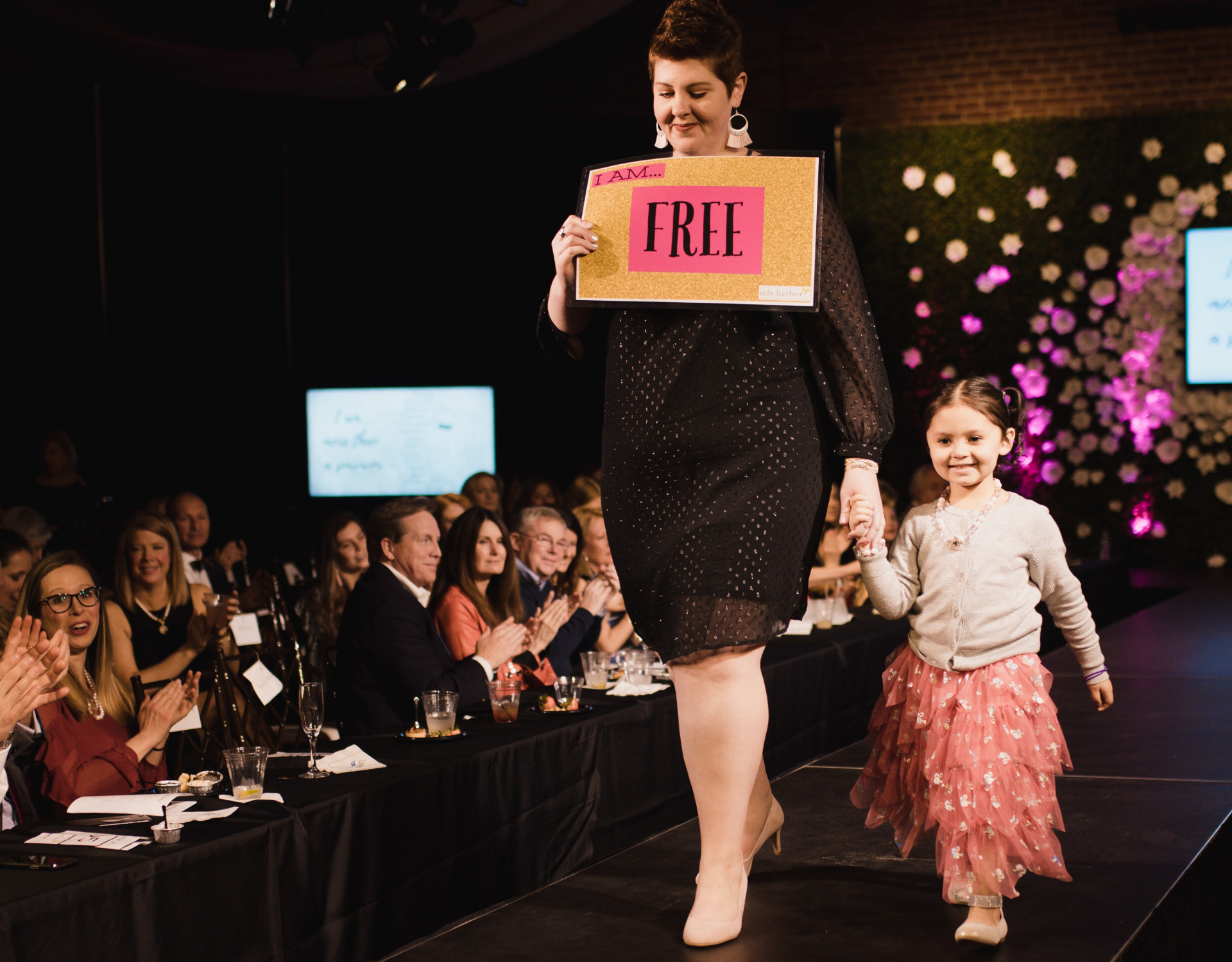In honor of Mental Health Awareness Month, I would like to share an intimate story with you. This is the first time I have publicly disclosed why I fight to remove stigmas around domestic violence and mental health.
I’m pretty normal. Overwhelmingly unexceptional, in fact. I’m 29-year old white female, with an advanced college education, who grew up in a wonderful middle-to-upper class family. People ask me all the time, “How do you always have your life so… together?”
Would you believe me if I told you that I was the victim of psychological domestic abuse for five years and didn’t realize, or escape the abuse, until it became physical?
From the age of 18-23 (some of the most valuable years for a young adult), my partner utilized “coercive control” to keep me in an unhealthy relationship (to put it lightly). Coercive control, or long term abuse that includes attacks on self-worth, degrading remarks, obsessive monitoring of whereabouts, contact with others, and physical appearance, is one of the FIRST warning signs of psychological and domestic abuse. Naturally, this behavior drastically reduced my self-esteem, making it impossible for me to see the situation for what it really was: domestic abuse.
Despite concern from friends (before they were removed from my “acceptable friends” list), I rationalized his behavior as strong love, care for my well-being, and protection. I do not wish to go into the painful details of this story at this time, or this post would turn into an autobiographical novel. I’ll keep it short; in 2009, I was physically abused for the first, only, and last time. I was able to escape the situation, and shortly thereafter, the relationship. I am one of the lucky ones.
You may be aware of the disturbing domestic violence statistic that every minute in the United States, an average of 20 people are physically abused by intimate partners. Are you cognizant, however, of the long-term mental health aspects of domestic violence? I wasn’t. Eight years later, I still experience the emotional aftermath. It is a constant battle that affects my relationships with others, especially my incredibly supportive husband.
We now know through recent studies that psychological abuse can cause long term damage to a victim’s mental health. Victims of psychological or physical domestic abuse are twice as likely to experience depression, PTSD, and low self-esteem than women who have not suffered abuse. If you have suffered from these issues, you know all too well how emotionally debilitating they can be. Mental illness and domestic violence are NOT two different entities and it is time to stop discussing them separately.
Now, for the true shocker: let’s talk about suicide. Did you know that 23% of domestic violence survivors attempt suicide compared with only 3% of non-victims? Almost a quarter of victims who are lucky enough to escape the abuse are so emotionally damaged that they do not want to live any longer.
Domestic violence is often not looked for in mental health settings or examined in mental health research. Many survivors even voiced concerns about their mental health status being a case for discredit when they seek help. It is time to change this. It is time to remove the stigmas surrounding domestic violence, mental illness, and suicide and time to discuss them together.
IT IS TIME TO TALK.
Blog Post Written by Kathryn (Katie) Elliott, Safe Harbor Ambassador



